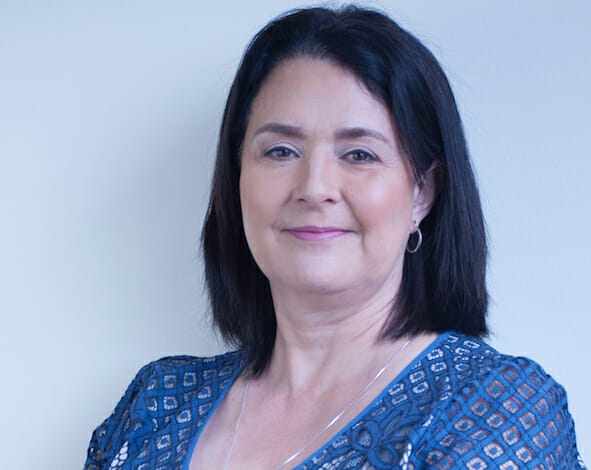
I remember feeling not heard. I went to about 12 infectious disease doctors and I kept telling them I had fevers and felt like things were biting me under my skin. The doctors kept telling me they thought I had depression and should consider going on depression medication. I’ve heard other female friends who have experienced serious illness tell me that doctors treated them poorly, as if they were hypochondriacs and make light of their symptoms. Even once I got a diagnosis, the doctor who confirmed the diagnosis through the Centers for Disease Control, told me he didn’t believe the diagnosis and didn’t want to give me the medication until after the CDC ran the test again. I insisted on the medication because I had been ill for nearly one year and I could barely lift my head up.
I had schistosomiasis, which is contracted from infected water. I got it on a trip to China. So what I want to tell everyone is that when they travel to areas where you can’t drink the water, don’t even brush your teeth in it and when you shower don’t face the water so you don’t ingest it. But, most importantly, if the hotel gives you a plastic water bottle with “safe water,” make sure you hear the click of the lid when you open it. I was later told that hotels throughout China are known for refilling bottles from the tap and you can get very sick.
I would say my greatest struggle from my foodborne illness is that I still have some neurological issues. I get these little jolts through my body and no one has been able to help me erase those. Initially, I lost the ability to understand the lyrics in music, but I did many sessions of neurofeedback and I have recovered my ability to hear lyrics. It has been a long road, but I feel a lot better. I am disheartened, however, with the medical community, particularly infectious disease doctors. Their scope of knowledge seems limited to HIV, not any other possible infectious disease.
I’ve gotten much better about speaking in front of crowds. I remember in college running out of a speech in the middle of my speech class because I freaked. I later took a job teaching at a community college to force myself to get better at public speaking. I kept a bottle of water and would drink throughout to calm my nerves. The students said my hands would shake terribly, but over time, I got better and got rave reviews for my classes. I’ve since taken many jobs that challenge me to speak before crowds, but it is not something easy for me. I always have to deal with nerves, but I tell myself, “you know more about the subject matter than your audience. You’ve got this.”
I recall standing up for myself at work once. I was working for a Catholic news organization and my boss edited my article to death to the point where it seemed only one point of view was highlighted. I told him to remove my name from the article. I said I felt that if we were going to call ourselves a “news organization” then we had to include different views within the community on controversial issues. Needless to say, I did not win that argument and realized it was time for me to move on and find an organization that wrote news.
I got involved with Stop Foodborne Illness because I felt it was important for survivors of foodborne illnesses to share their experiences and let people know how I got through it. I think it’s important to humanity for us to share our experiences and talk about the good things, the gifts that come from negative experiences. I would say some of the gifts from my experience were that I discovered neurofeedback and integrative manual therapy, a technique developed by the late Sharon Giammateo in Hartford, CT to help people heal from a variety of ailments. Sharon helped me so much as I struggled with Western doctors. She believed she could heal me even when we didn’t have a diagnosis and truly she got me on the road to good health again. I’m forever grateful in her confidence to heal me because at the time, I thought I was dying. I had stopped buying new clothes for myself because I figured I wouldn’t be around to wear them.

Stop Foodborne Illness is a 501(c)(3) tax-exempt organization. Donations are tax-deductible to the extent the law allows.